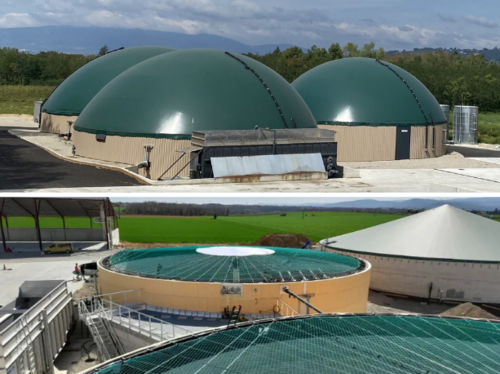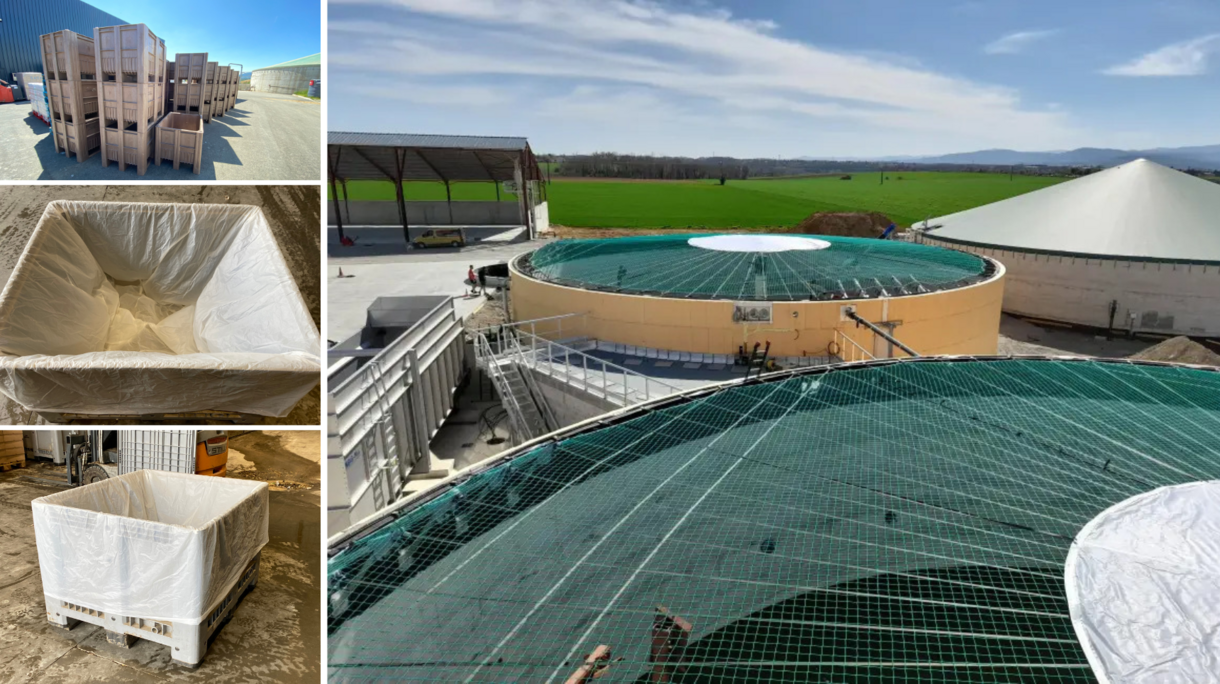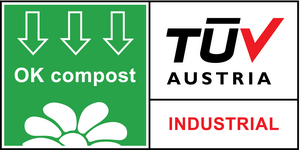Bio-based liners: a solution for transporting greasy waste
28/05/2025
Other customer cases





Located in Auberives-sur-Varèze (Isère, France), this methanization unit is the result of an initiative by five farmers and a public works contractor. The site produces 15 GWh of biomethane annually—equivalent to the energy consumption of 3,750 new homes or 60 buses running on BioGNV. Every year, 15,000 tonnes of bio-waste from agriculture and the agri-food industry are processed, contributing to a circular economy, energy independence, and sustainable fertilization. The gas is injected into the GRDF network to supply, among others, the city of Vienne.
Challenges Faced
Facing difficulties collecting greasy waste (gratons*) from Lyon-based restaurants, the methanization unit turned to OTEXIO to find a suitable solution.
*Graton: a typical Lyonnais culinary preparation. It consists of rendered pork fat or meat, dry-fried without oil.
Bulk storage in pallet boxes led to several issues: the persistence of greasy residues despite cleaning, which required lengthy and energy-intensive cleaning in terms of both electricity and labor, and caused premature damage to the pallet boxes. Added to this were the risks of leakage due to fermentation of the bio-waste caused by insufficient sealing.

All of these constraints affected the durability of the equipment, increased operational costs, and made waste flow management more complex.
Solution Proposed by OTEXIO
To address this issue, our OTEX’PERT Pierre-Baptiste recommended the use of biosourced and compostable single-use liners specifically designed to fit pallet boxes. OTEXIO is one of the few French suppliers in the waste sector offering these biosourced liners for pallet boxes.
Regarding the logistics circuit of the pallet boxes between the clients and the methanization unit, the implemented organization is as follows:
1. The methanization unit handles the transport of the pallet boxes. These are delivered directly to the clients, equipped with BIO liners.
2. Organic waste (Lyonnais gratons) is then placed directly into the liner, without the need for additional plastic or cardboard packaging.
3. Collection generally occurs within ten days to prevent degradation from starting at the client’s site. Upon collection, the liner is folded down and secured with a lid to ensure clean and safe transport.
4. Once at the methanization site, the liner and its contents are directly fed into the digester, with no further handling or separation of materials. The liner, made from organic materials (potato starch), is accepted and compatible with most methanization processes.

Certified OK COMPOST INDUSTRIAL, our liners degrade up to 90% within six months in an industrial composting facility, under optimal temperature conditions (between 55 and 60°C).

Our client uses the product reference HOU-001-BIO, with the following characteristics:
-
Dimensions: 120 x 100 x 163 cm for pallet boxes of 115 x 100 x 93 cm
-
Thickness: 30 microns
-
Density: 1.26 g/m²
-
Packaging: boxes of 40 liners, or 8 rolls of 5 liners
These solutions help professionalize the collection of bio-waste, while improving hygiene, logistics, and the environmental impact of the process.
Take a look at our complete range of pallet box covers.
Take a look at our complete range of pallet box covers.
Client Feedback
The feedback has been very positive, with a noticeable improvement in the cleanliness of the pallet boxes, the elimination of cleaning which saves time, water, and electricity, the elimination of leaks related to fermentation, and a very good biodegradability of the liners in the digester, which are completely broken down after several weeks at 62°C.The process has become smoother, cleaner, and safer, for both the teams and collection partners.
The client highlights an increase in productivity, a significant simplification of logistics, and a reinforced environmental commitment.
Thanks to OTEXIO’s biosourced liners, this methanization unit has been able to further professionalize the collection of greasy organic waste while reducing its ecological impact, offering a simple, clean, and sustainable solution for enhanced performance.
For more information, feel free to contact us:
INT: +33 (0)4 78 05 21 27
For more information, feel free to contact us:
INT: +33 (0)4 78 05 21 27